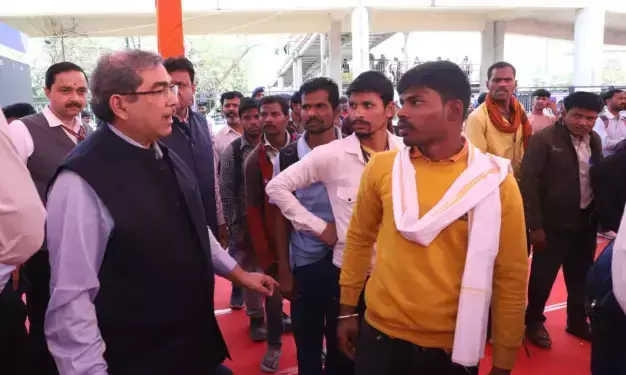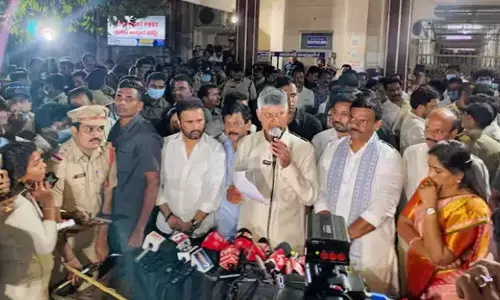The role of mentorship and guidance

Building a future-ready generation requires a holistic approach to education and development. By rethinking traditional education models, nurturing essential cognitive and socio-emotional skills, fostering a culture of lifelong learning, and providing robust mentorship and guidance, we can prepare young minds to navigate and shape the future. In doing so, we not only equip them to succeed but also empower them to contribute meaningfully to a rapidly evolving world
In an era defined by rapid technological advancements and a dynamic global landscape, preparing the next generation for the future is both a challenge and an opportunity. The world of tomorrow demands individuals who are not only knowledgeable but also adaptable, innovative, and resilient. To build a future-ready generation, it is imperative to rethink education, nurture essential skills, and foster an environment that encourages lifelong learning.
Rethinking education
Traditional education systems, often rooted in rote learning and standardized testing, are increasingly being recognized as insufficient for preparing students for the complexities of the modern world. Future-ready education should emphasize critical thinking, creativity, and problem-solving. This can be achieved by integrating interdisciplinary approaches and project-based learning, which allow students to explore real-world problems and develop solutions collaboratively.
Moreover, leveraging technology in the classroom can enhance learning experiences and provide students with the digital literacy skills essential for the future. Virtual reality, artificial intelligence, and online collaborative tools can transform how subjects are taught and understood, making learning more engaging and relevant.
Nurturing essential skills
To thrive in the future, young minds need a blend of cognitive and socio-emotional skills. Cognitive skills, such as analytical thinking, are crucial for navigating the vast amounts of information available in the digital age. Encouraging students to question, research, and synthesize information can help them develop a deeper understanding and make informed decisions.
Equally important are socio-emotional skills like empathy, communication, and teamwork. In a globally interconnected world, the ability to collaborate with diverse groups and understand different perspectives is invaluable. Schools and communities should create opportunities for students to engage in group projects, participate in debates, and involve themselves in community service, which can build these critical skills.
Fostering lifelong learning
The pace of change in today’s world means that learning cannot end with formal education. A future-ready generation must be equipped with the mindset and tools for lifelong learning. This involves cultivating curiosity and a passion for learning from an early age. Encouraging exploration, questioning, and a growth mindset can help students see learning as a continuous journey rather than a finite goal.
Lifelong learning also means being adaptable and open to change. In a world where industries and job requirements can shift rapidly, the ability to learn new skills and adapt to new environments is crucial. Educational systems and employers should support ongoing professional development and create pathways for individuals to reskill and upskill throughout their careers.
The role of mentorship and guidance
Guiding young minds toward future readiness is a collective effort that involves parents, educators, and the broader community. Mentorship programs can play a pivotal role in this process. By connecting students with mentors from various fields, we can provide them with insights, inspiration, and practical advice on navigating their future careers and personal development.
Additionally, creating a supportive environment where young people feel encouraged to take risks and learn from failures is essential. Celebrating both successes and failures as part of the learning process can help build resilience and a positive attitude toward challenges.
Building a future-ready generation requires a holistic approach to education and development. By rethinking traditional education models, nurturing essential cognitive and socio-emotional skills, fostering a culture of lifelong learning, and providing robust mentorship and guidance, we can prepare young minds to navigate and shape the future. In doing so, we not only equip them to succeed but also empower them to contribute meaningfully to a rapidly evolving world.









